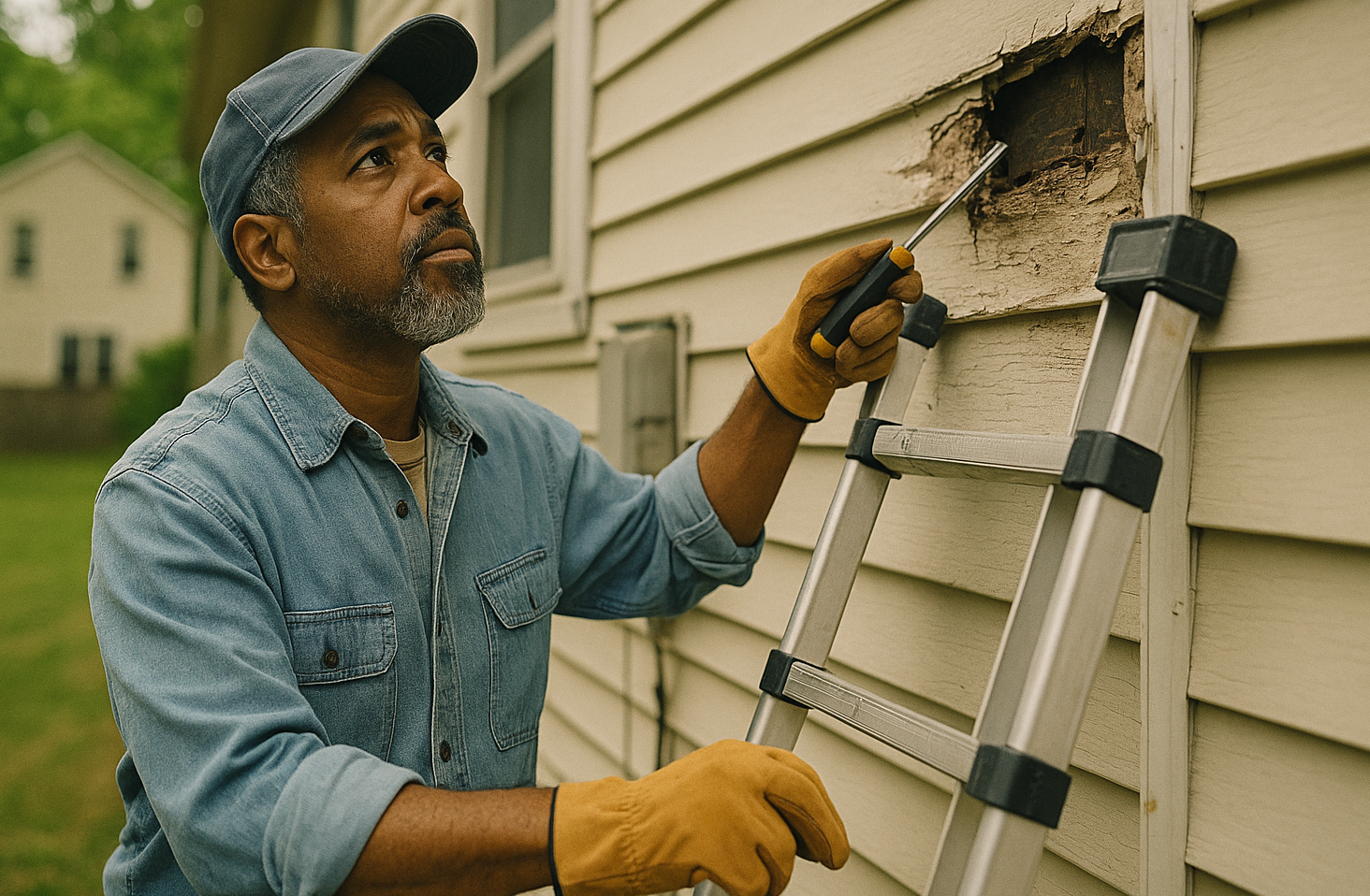Understanding Home Repair Grants
Home repair grants are financial aids provided usually by government bodies, non-profits, or community organizations to help homeowners maintain their homes. These grants are non-repayable, making them an attractive solution for individuals who might not have the financial means to pay for significant repairs on their own. Understanding how to access these resources can help prevent small issues from becoming large, costly problems.

Eligibility Criteria
Eligibility criteria for home repair grants vary by program, but there are some common requirements that applicants often need to meet. Typically, these include:
- Ownership Status: Many programs require the applicant to own the home and use it as their primary residence. Proof of ownership is often mandatory.
- Income Limits: These programs are usually designed to assist low-to-moderate income households, so applicants may need to provide proof of income to show financial need.
- Location: Some grants are available only to residents of specific areas or communities, particularly for those impacted by natural disasters or other emergencies.
- Type of Repairs: The program might specify the types of repairs covered, such as emergency repairs, handicap accessibility modifications, or energy efficiency upgrades.
Types of Repairs Covered
What types of repairs are covered can differ widely between programs, but some common types include:
- Structural Repairs: Fixing structural damage such as roof leaks, foundation issues, or wall repairs.
- Safety Modifications: Installing ramps, railings, or other modifications for those with disabilities.
- Utilities and Essentials: Ensuring essential utilities like plumbing, heating, and electricity are functioning correctly.
- Energy Efficiency Updates: Implementing upgrades like better insulation or efficient heating systems to reduce energy costs.
Application Steps
Applying for a home repair grant typically involves several steps. Here’s a step-by-step guide on how to proceed:
- Research Available Programs: Start by researching various programs you may be eligible for both locally and nationally. Resources like [Benefits.gov] can be beneficial.
- Gather Documentation: You will need documentation proving your eligibility. This includes income statements, property ownership, and sometimes identification documents.
- Complete the Application: Fill out the application form carefully, making sure all information is correct and complete. Missing information may delay the process or result in denial.
- Submit Your Application: Follow submission guidelines closely, whether you’re submitting online, by mail, or in person. Keep copies of all documents for your records.
- Await Decision: After submission, there may be a waiting period during which your application is reviewed. Be prepared to provide additional information if requested.
Income-Based Aid Considerations
Income-based aids are designed to assist those with limited financial resources. When considering such aids, it's crucial to understand how your income is assessed. Programs might consider total household income, which includes all sources of income from everyone living in the household. Sometimes, there are special considerations or exemptions for elderly or disabled household members, as outlined on programs like USDA’s Home Repair Grants, which provide funding for essential home improvements.
Expert Tips for Successful Application
Successfully navigating the grant application process can be complex. Here are some expert tips to improve your chances:
- Stay Organized: Keeping documents organized and readily accessible can streamline the application process and reduce stress.
- Double Check Applications: Mistakes can cause delays or denials, so double-check your application and have someone else review it if possible.
- Contact Local Agencies: Reaching out to local housing agencies or non-profits can provide guidance and possibly additional resources within your community.
- Follow Up: Don’t hesitate to follow up with the program office if you have not received updates within a reasonable time.
Conclusion
While accessing home repair grants involves navigating through numerous criteria and procedural steps, the benefits can significantly ease the financial burden of necessary home repairs. As you pursue these grants, remember that preparation and thorough research are your allies. By seeking out assistance and taking a proactive approach, you can make your home more secure, functional, and safe for your family. Always keep in mind the resources available, whether community-based or government-funded, such as [Grants.gov] for federal opportunities, to support your journey in securing the aid you need.

